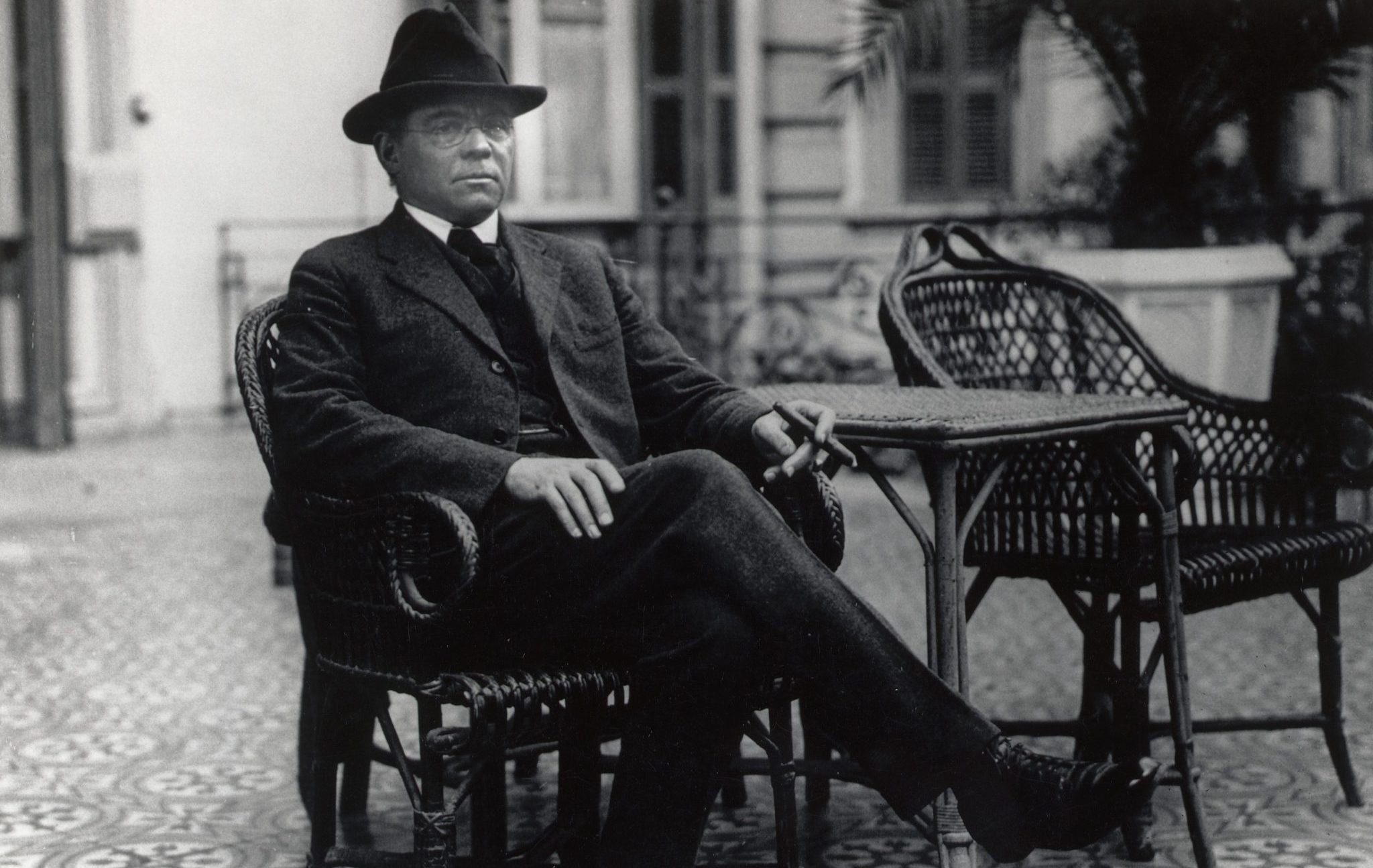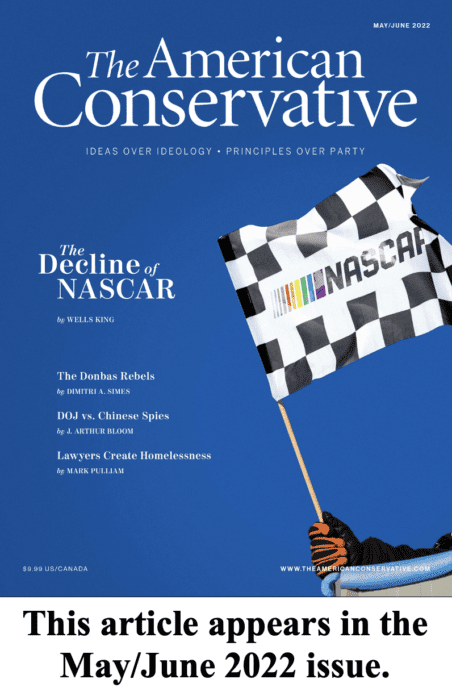Life During Wartime

In the hangover after the First World War, Edgar Lee Masters, the splenetic Illinois poet whose Spoon River Anthology was once a staple of high-school English classes, looked back on the lively domestic opposition to the previous century’s Mexican War. President Polk’s land grab, which Masters termed “criminal and without justification,” drew pacific fire from James Russell Lowell, Henry David Thoreau, John Greenleaf Whitter, Ralph Waldo Emerson—all those thrice-named antebellum American litterateurs. (Walt Whitman, I’m sorry to say, told readers of the Brooklyn Eagle that the war proved that “America knows how to crush, as well as how to expand!” I can almost hear Lindsey Graham’s pulse race.)
With embittered wistfulness, Masters concluded, “There was great opposition to the war over the country, but at that time an American was permitted to speak out against a war if he chose to do so.”
We haven’t had that spirit here since 1899.
Theodore Roosevelt judged critics of the imperialist orgy of the Spanish-American War to be “unhung traitors.” Upwards of a thousand American citizens were caged in federal prisons for objecting to conscription and U.S. entry into the First World War. My favorite is the Minnesota farmer sentenced to three years in Leavenworth for saying, “This is supposed to be a free country. Like Hell it is.” No blue check for him!
In 1941, the 800,000-strong Middle American antiwar group America First, whose supporters included future presidents John F. Kennedy and Gerald Ford, was traduced as a midden-heap of Nazi symps for advocating the George Washingtonian policy of steering clear of European wars.
By the time of the Korean War, Senator Robert Taft, “Mr. Republican,” was lamenting that “criticisms are met by the calling of names rather than by intelligent debate.”
Foes of the Vietnam War such as Martin Luther King Jr. were routinely smeared as disloyal commies, and the courageous Pat Buchanan was targeted by a disgusting campaign to silence him for opposing the two U.S. invasions of Iraq.
It never stops, and long after all of us are dead and gone those Americans yet unborn who dare to speak for peace or stand against the war machine will still be defamed and vilified by the regime and its lackeys. So it goes, as an Indiana isolationist novelist once wrote.
One reason I never fall into the slough of despond whene’er this dreary rerun plays is that our forebears have seen the end coming many times before.
For instance, William Vaughn Moody, the Hoosier poet who shunned political action, saying he preferred to give readers “not a syllogism, but a song,” felt his crest fall over the brutal suppression of the Filipino independence movement and the coeval election in 1904 of TR, that Megaphone of Mars. Moody mourned that “the vision in the light of which our country was created and has grown great, will soon fade, and one more world-dream will have been found impossible to live out…. Our different destiny may be greater, but the America that we have known and passionately believed in, will be no more.”
I feel quite certain in saying that Victoria Nuland would not be moved by that sentiment.
Neocons more or less invented Cancel Culture in America, so it was amusing to see them briefly whinge about censorship and pose as friends to the free exchange of ideas when they worried about being caught in their own mousetrap. Then came the thuggish Putin’s invasion of Ukraine, whereupon they reverted to form, casting aspersions on the patriotism of those who resisted the call for U.S. military intervention and, in demoniac harmony with McCarthyite liberals, demanding that Tucker Carlson be kicked off television. (Never forget that Joe McCarthy barreled his way into the Senate by knocking off incumbent Senator Bob La Follette Jr., whom he attacked for his isolationism. In the jejune jargon of the corporate media, Tailgunner Joe was the “adult in the room.”)
 Patriotism has nothing to do with whooping for war or pointing fingers at dissenters and crying “Treason!” It is love of one’s country—the smaller the better—and its people: their accents, their food, their pastimes, their literature and music and history and eccentricities.
Patriotism has nothing to do with whooping for war or pointing fingers at dissenters and crying “Treason!” It is love of one’s country—the smaller the better—and its people: their accents, their food, their pastimes, their literature and music and history and eccentricities.
“I am a patriot,” sang Steven Van Zandt, “and I love my country. Because my country is all I know.”
Our America—the real thing, not the abstraction—will endure. It will not be unplaced, not as long as we love it. So play baseball. Eat spiedies or beef on weck or whatever your local delicacy may be. Sing “Go Tell it on the Mountain.” Play “Tangled up in Blue.” Read Ed Abbey. Dig Sarah Orne Jewett. Laugh if you find something funny. The war party will never beat us, not really, because we have something and they offer nothing but death.
Bill Kauffman is the author of 11 books, among them Dispatches from the Muckdog Gazette and Ain’t My America.